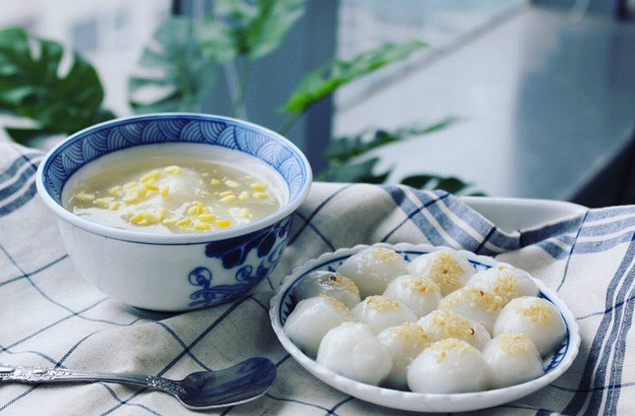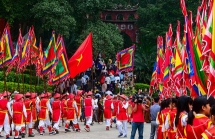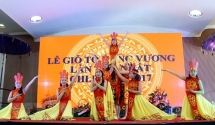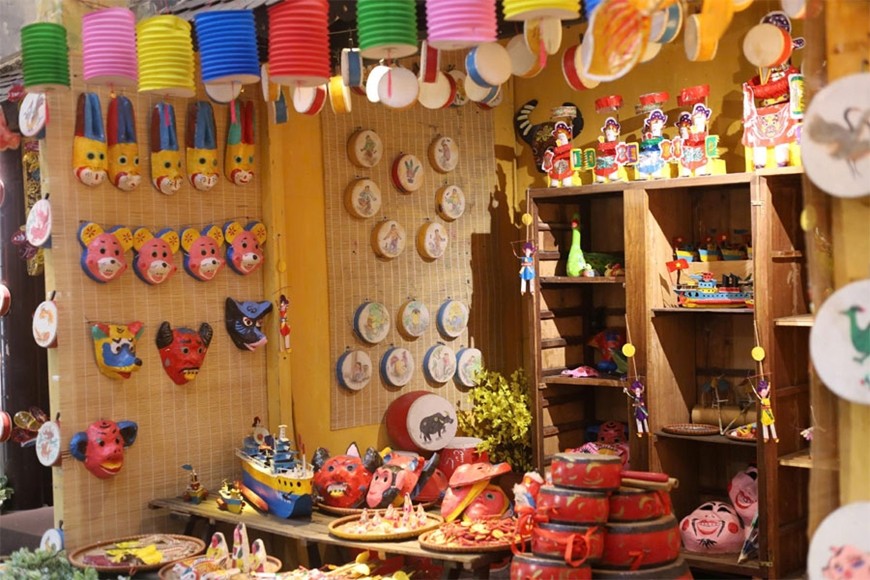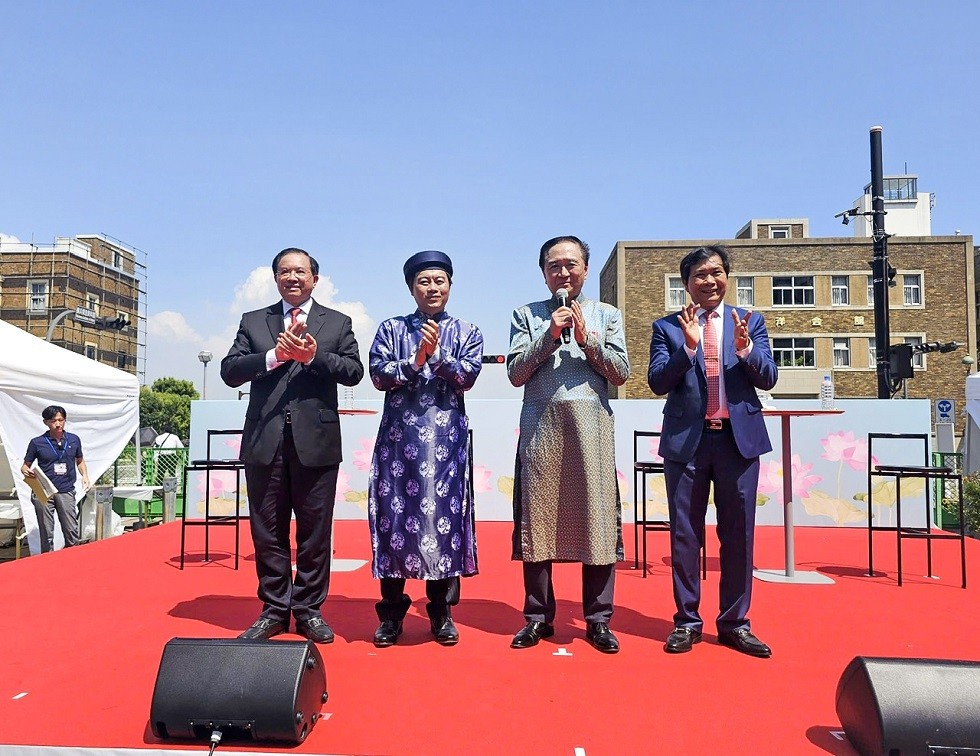Hung Kings Festival in Vietnam: What to Know and Celebrations
| Cold Food Festival: History, Significance, Traditional Food | |
| Shorten and simplify Hung Kings Festival due to fears of coronavirus. | |
| Overseas Vietnamese to celebrate Hùng Kings Festival |
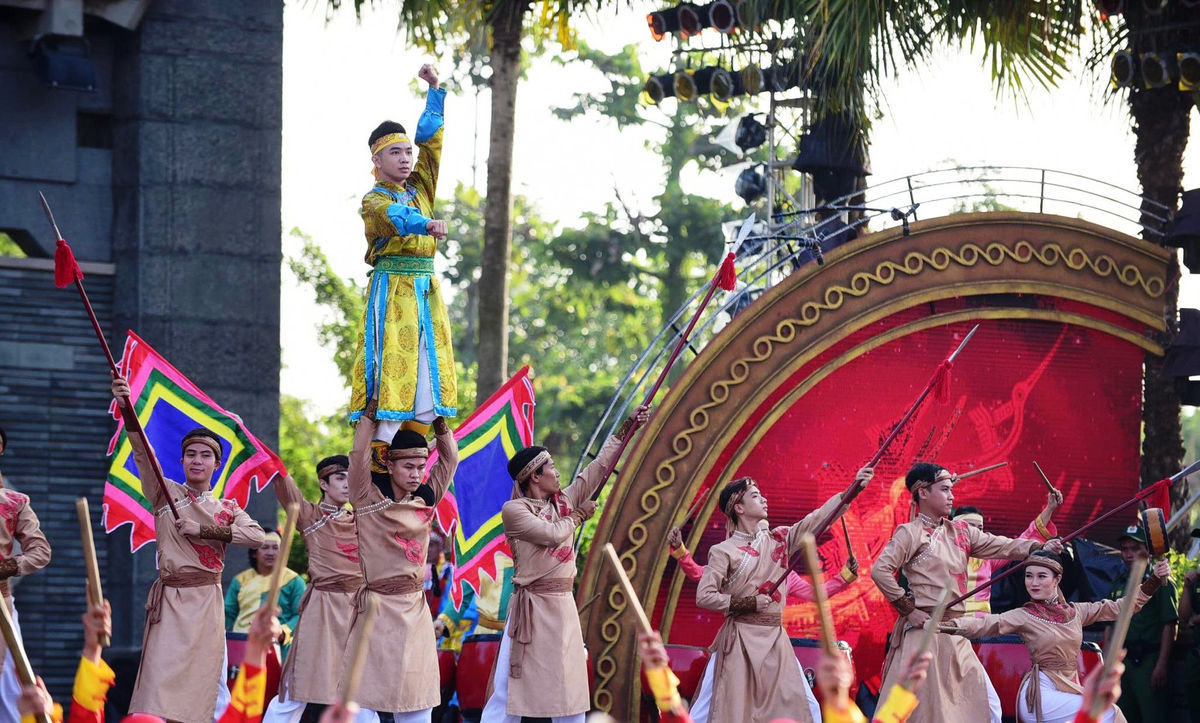 |
| Photo: baotainguyenmoitruong |
King Hung Temple Festival is a traditional festival which honors the first King of Vietnam - King Hung. It's occasion for every Vietnamese to remember their origin and express their respect as well as gratitude to ancestor of Vietnamese people. Therefore, it's considered as national festival of Vietnam.
King Hung Temple Festival takes place yearly at King Hung Temple from the 8th to 11th day of the third lunar month in the year. According to the legend, the 10th day of that month is the death anniversary of King Hung. During the festival, Vietnamese people from all over the country as well as Vietnamese people living abroad head for King Hung Temple on Nghia Linh Mountain, Phu Tho Province to take part in this historical and meaningful festival.
The Hung King Temple Festival is one of the most important and sacred festivals of the Vietnamese people, deeply imbedded in the minds of every Vietnamese citizen, regardless of where they originated from.
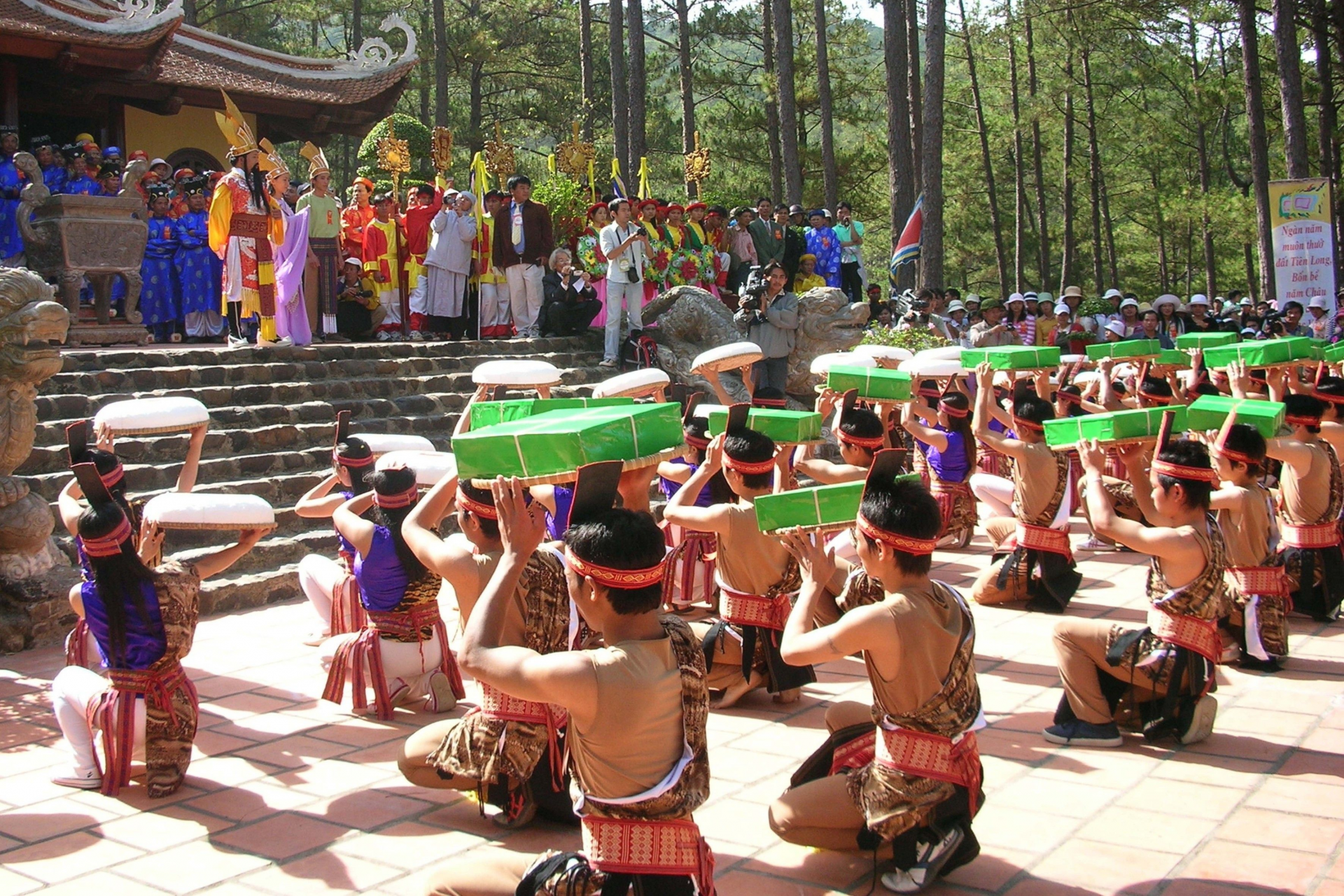 |
| Photo: Mytour |
Legend of Hung King Temple Festival
It is said that thousands of years ago, Lac Long Quan (King Dragon of the Land of Lac) had superhuman strength and liked to stay near water. He succeeded to the throne of his father, and governed the Lac-Viet tribe. De Lai, king of a northern tribe, with his daughter Au Co made a trip to visit the south.
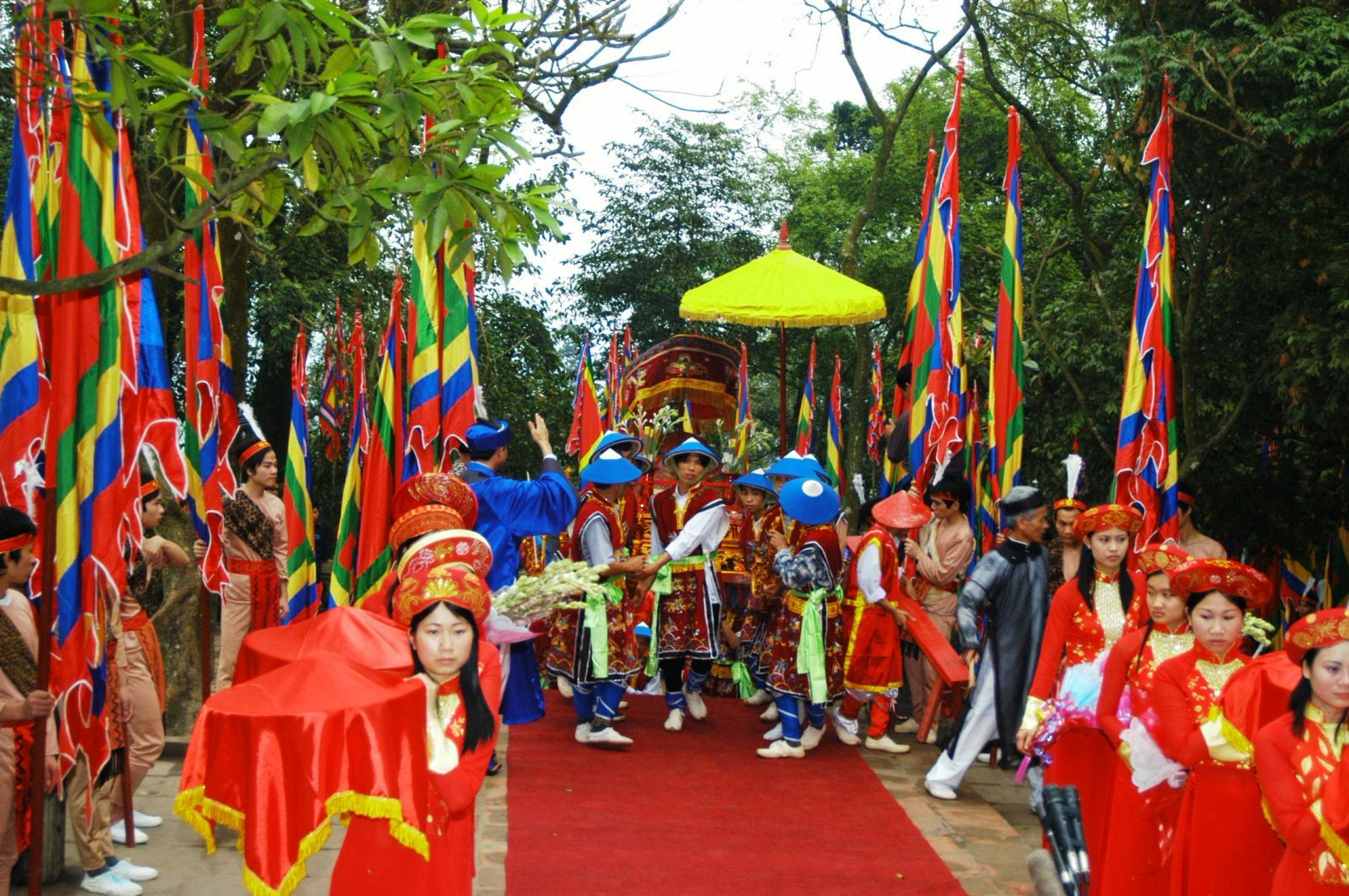 |
| Photo: Mytour |
Admiring Lac Long Quan’s talent, De Lai got married Au Co to Lac Long Quan. Au Co became pregnant and gave birth to a membranous sac. The sac kept getting larger and larger, and burst on the seventh day. Surprisingly, there were one hundred eggs in the sac, which hatched into one hundred beautiful babies.
The children of Lac Long Quan and Au Co were the ancestors of Vietnam, and so the Vietnamese are known as “Dragon and Fairy descendants.” The eldest son of Lac Long Quan and Au Co, who was with this mother, established himself at Phong Chau, now the southern part of Phu Tho Province, and made himself king. That was King Hung I whose realm was made up by 50 tribes. The 18 Hung kings then ruled the country from 2879 to 258BC.
According to historical records, the regime of the Hung Kings was an impressive, brilliant and outstanding start for establishing Viet Nam as a sovereign nation. The 18 generations of the Hung Kings saw the birth and development of a nation and are credited with forging national characteristics such as the sense of community, mutual affection, patriotism and unwillingness to yield to oppression.
From this original settlement, the Hong (Red) River civilization and the pre-Dong Son cultures grew. From generation to generation, the Vietnamese people hold a festival nationwide on the 10th day of the third lunar month to commemorate the anniversary of their ancestor’s death, founder of the Vietnamese nation – the first Hung King.
The Ceremonies in Hung King Temple Festival and Celebrations
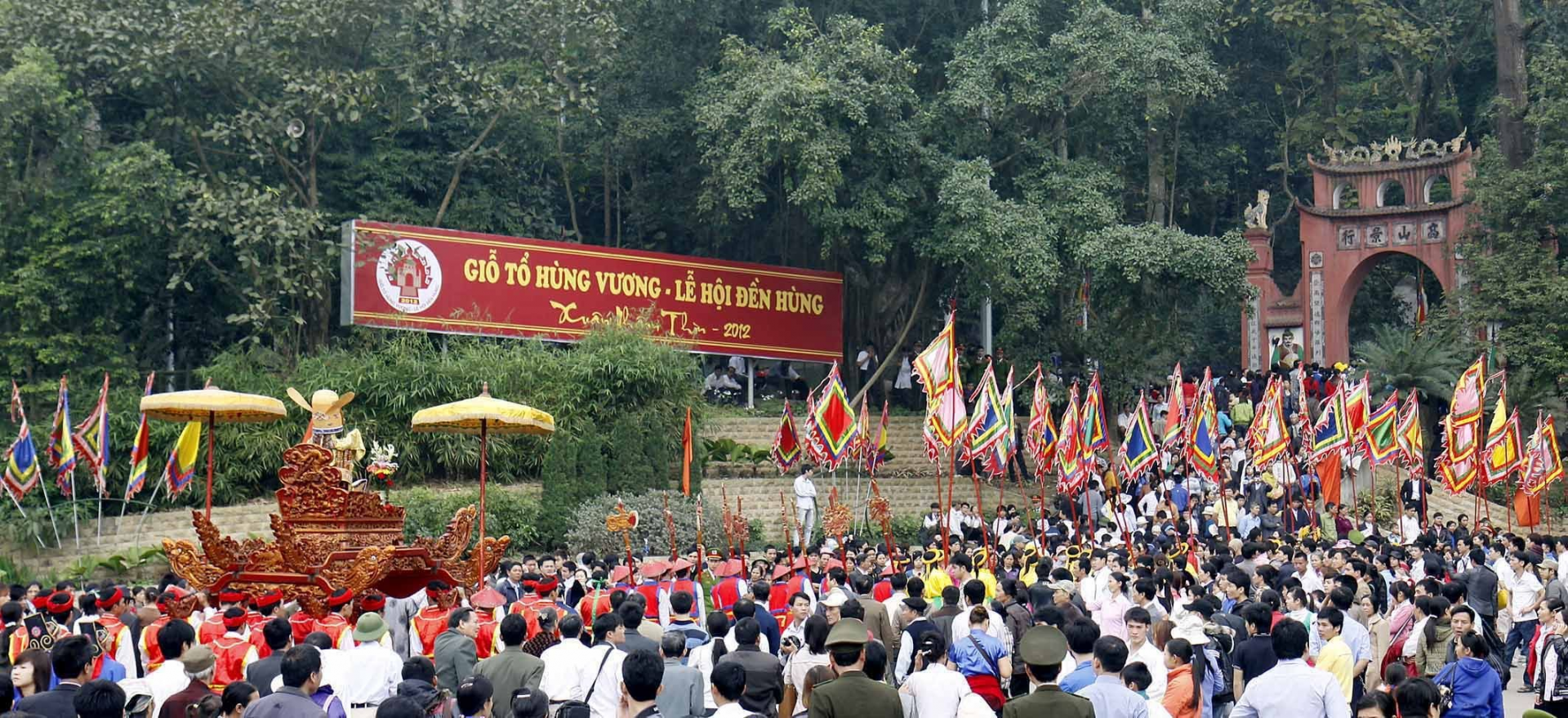 |
| Photo: Mytour |
The Hung Temple is an ancient and sacred architectural ensemble on the top of the 175 metre-high Nghia Linh mountain. The festival offers an opportunity for Vietnamese to visit their land of origin.
A day before the festival, ancient and modern flags are to be hung along the road leading from Viet Tri to Hung mountain. A large balloon will also publicise the festival to surrounding areas. On the eve of the festival, 100 flying lights are released into the night sky.
The main worship service is held in earnest the following morning, 10th day, beginning with a bronze drum performance with the participation of around 40 different villages. Next, an incense-offering liturgy will be displayed in order to hold the solemn national ceremony.
In Den Thuong (Upper Temple) where the Hung Kings used to worship deities with full rituals, the ceremony consists of a lavish five-fruit feast. Bánh Chưng (square cake) and banh giay (circle cake) are also served to remind people of the Lang Lieu Legend (the 18th Hung King who invented these cakes), and the merit of the Hung Kings who taught people to grow rice.
Next to the stage procession for deities, there are several marches in the procession such as the elephant march followed by the procession chair.
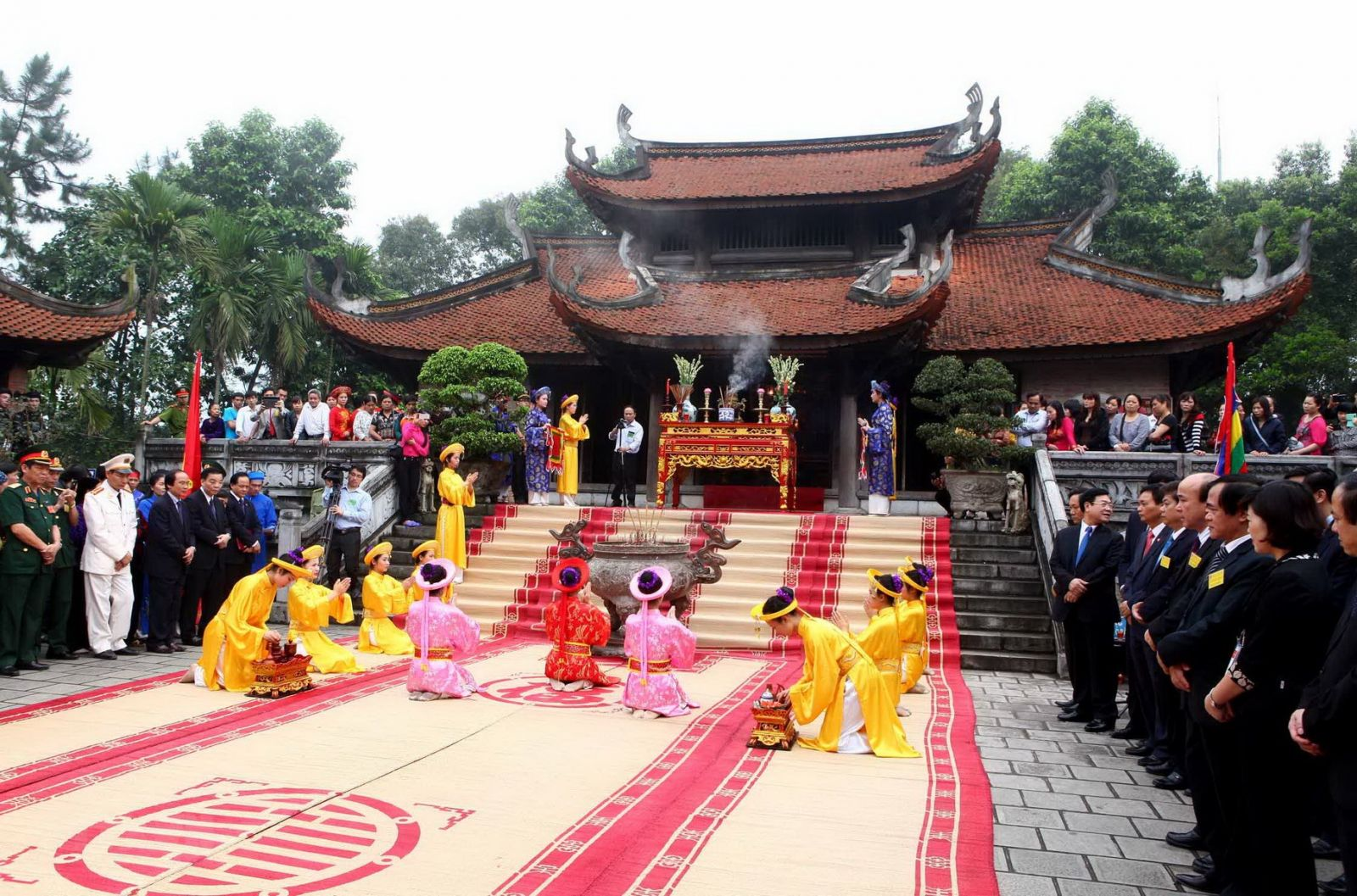 |
| Photo: Internet |
The festival is featured with many folk games such as “danh du” (bamboo swings), “nem con” (game of throwing a sacred ball through the ring), rice cooking competitions, lion dance, human chess, water puppet performance, wrestling, crossbow shooting, etc. All folk games contribute a bustling ambiance to the festival and attract participation of various people. Besides, “xoan” singing and “gheo” singing are also performed at the festival by local residents. Coming to the festival, tourists can enjoy these unique art performances, which were recognized by UNESCO as an Intangible Cultural Heritage of Humanity, on stage.
On the 10th day, the spotlight is on bronze drum performance and competition of procession with participation of about 40 villages. After that, a solemn national ceremony is held with incense-offering liturgy. Governmental leaders will lead the procession up to Upper Temple (“Den Thuong”) – the highest temple of King Hung Temple Complex on Nghia Linh Mountain. Sacrifice involves five-fruit trays, specialties from all regions in the country and indispensably a couple of “chung” cakes and “day” cakes, which are two traditional foods of Vietnam. Legend has it that King Hung VI chose the next king by asking each of his princes to offer him a dish and he would give the throne to the son who could satisfy him. The 18th prince named Lang Lieu offered the King with “chung” cake and “day” cake. Lang Lieu explained to King Hung that “chung” cake has the shape of square and symbolizes the Earth; “day” cake has the shape of circle and represents the Sky. Both cakes are made from rice, which is the major agricultural product in Vietnam, with green bean paste inside. This arrangement refers to close relationship between parents and children. Impressed by those cakes, King Hung VI decided to declare Lang Lieu as the next King of Van Lang (the former Vietnam in 7th century BC). Since then, “chung” cake and “day” cake have become traditional dishes of Vietnam.
Joining the pilgrimage to ancestral land of King Hung Temple on these days has become a beautiful tradition of Vietnamese people.
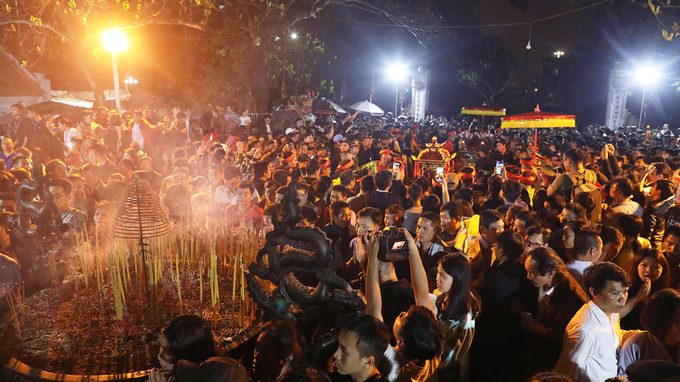 | Major spring festivals in Vietnam suspended to prevent COVID-19 spread Northern Vietnam’s provinces have suspended a series of long-standing spring festivals as a measure to prevent the spread of the novel coronavirus. |
 | Hanoi may suspend Lunar New Year festivals as COVID-19 surges Hanoi Vice Chairman requested that in case Covid-19 breaks out and poses a high risk of community transmission, Lunar New Year festivals need to be ... |
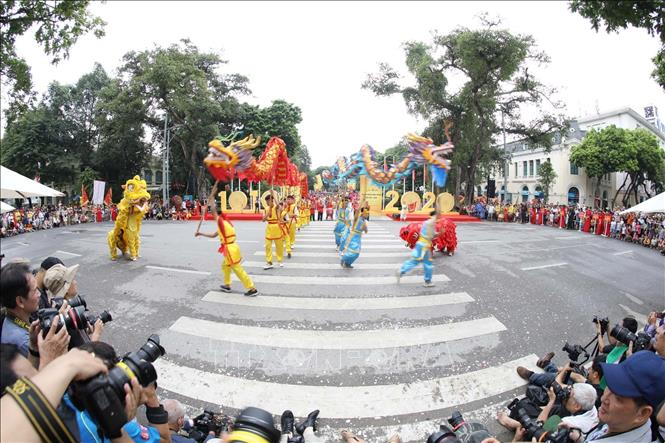 | Hanoi might suspend unnecessary festivals over Covid-19 concerns On January 6, the Director of the Hanoi Department of Culture and Sports To Van Dong said that in the 2021 festival season, the city ... |
Recommended
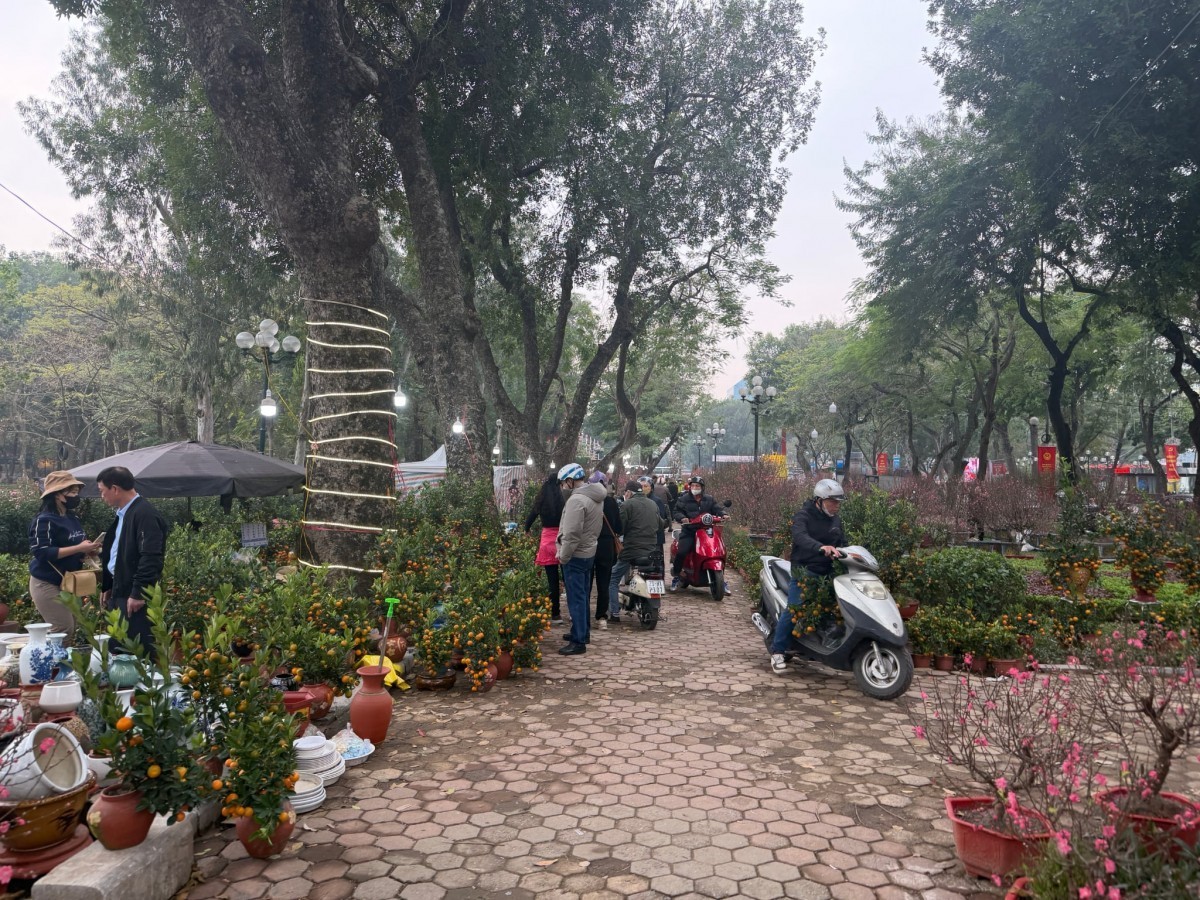 Handbook
Handbook
Lunar New Year 2026 (Year of the Horse) Weather Forecast
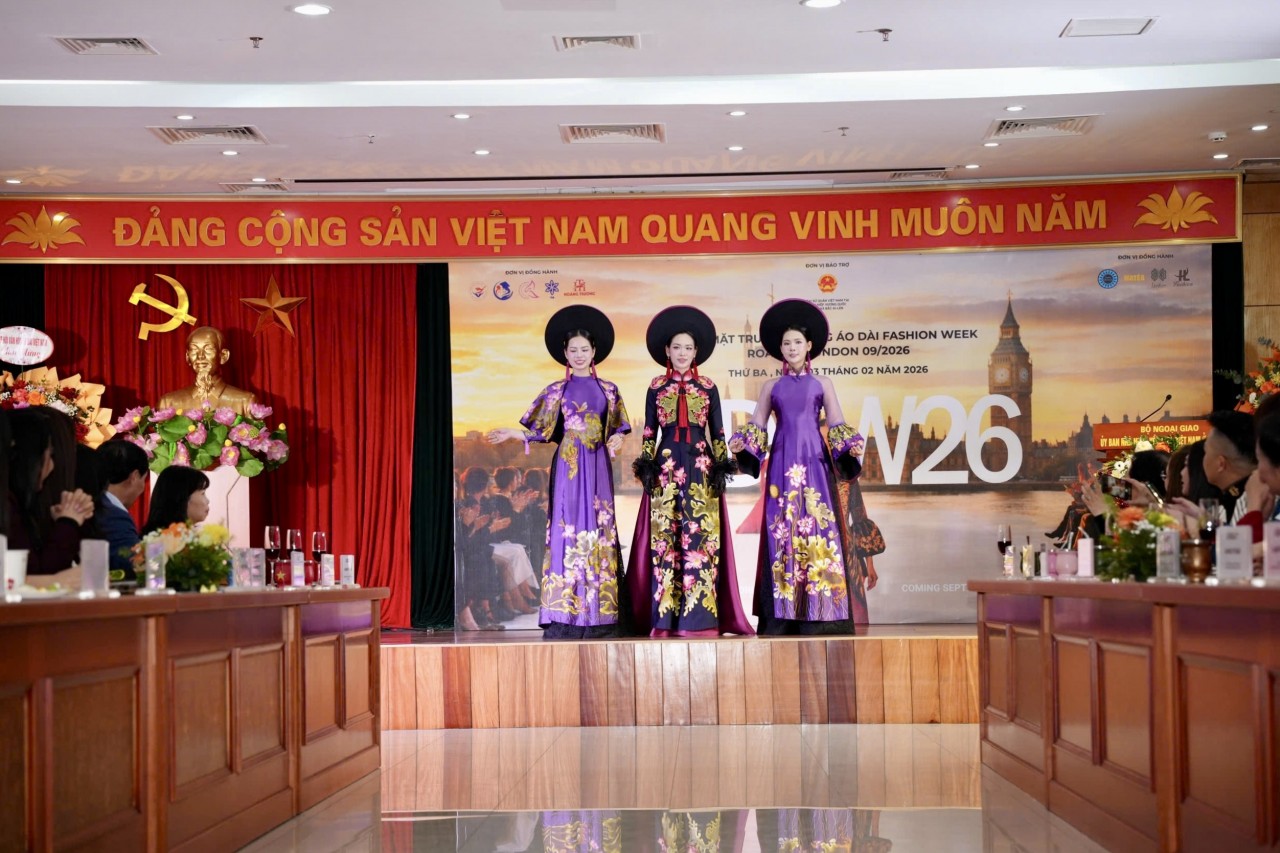 Handbook
Handbook
Promoting Vietnam’s Ao Dai at London Fashion Week 2026
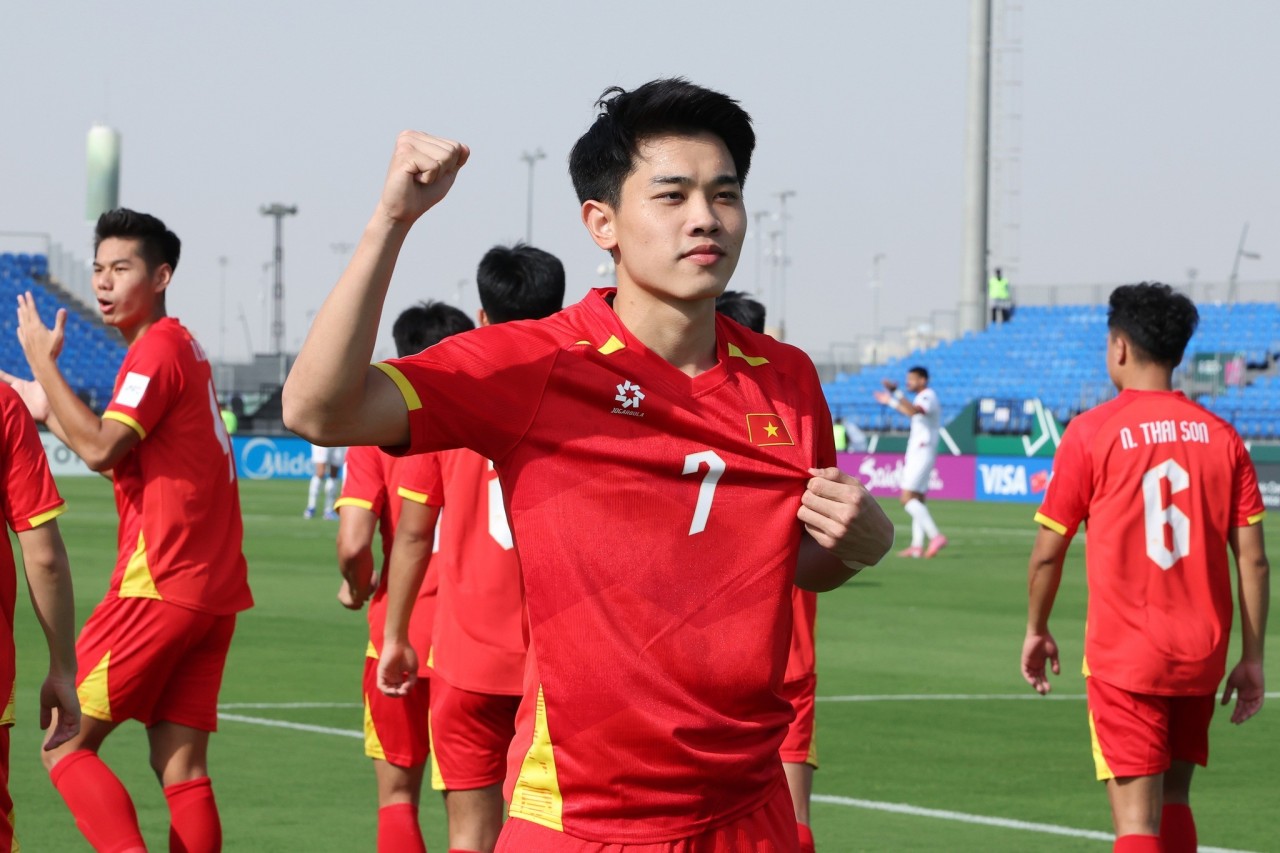 Handbook
Handbook
Dinh Bac Wins Golden Boot at 2026 AFC U23 Championship
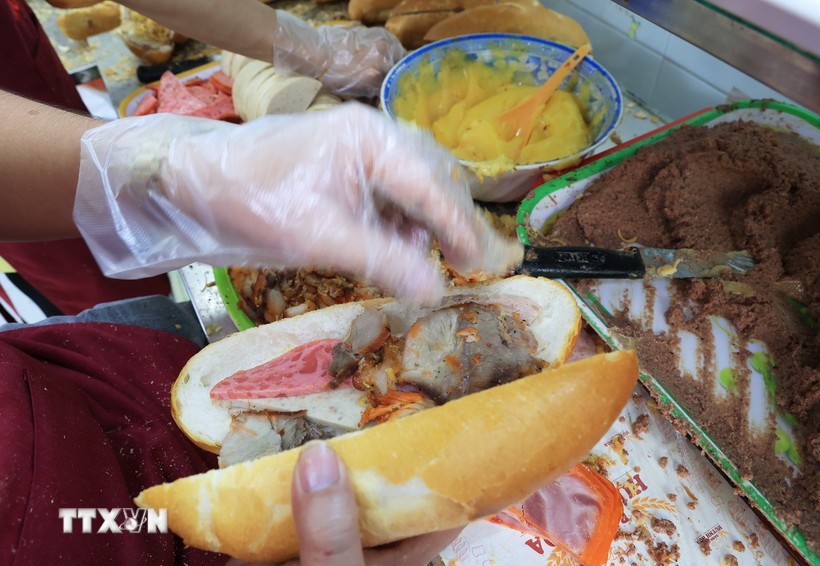 Handbook
Handbook
Vietnamese Banh My Shines on Global Culinary Map
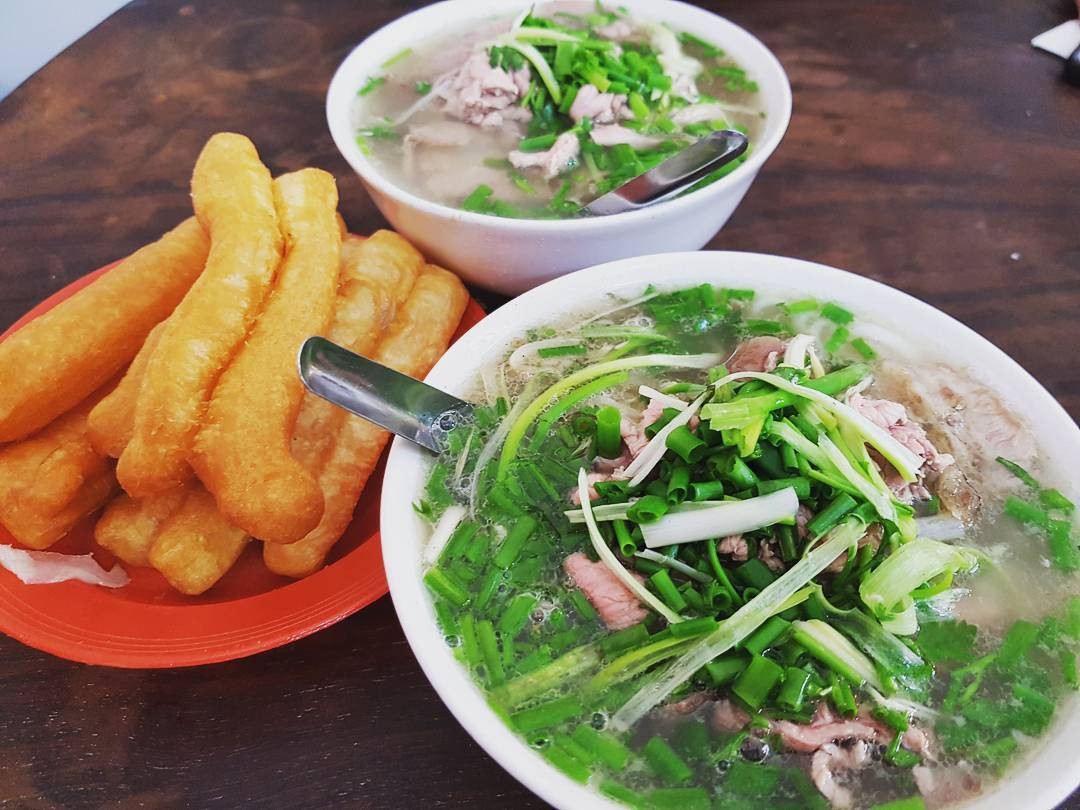 Handbook
Handbook
Vietnam Ranks Among World’s Top 4 Most Attractive Culinary Destinations
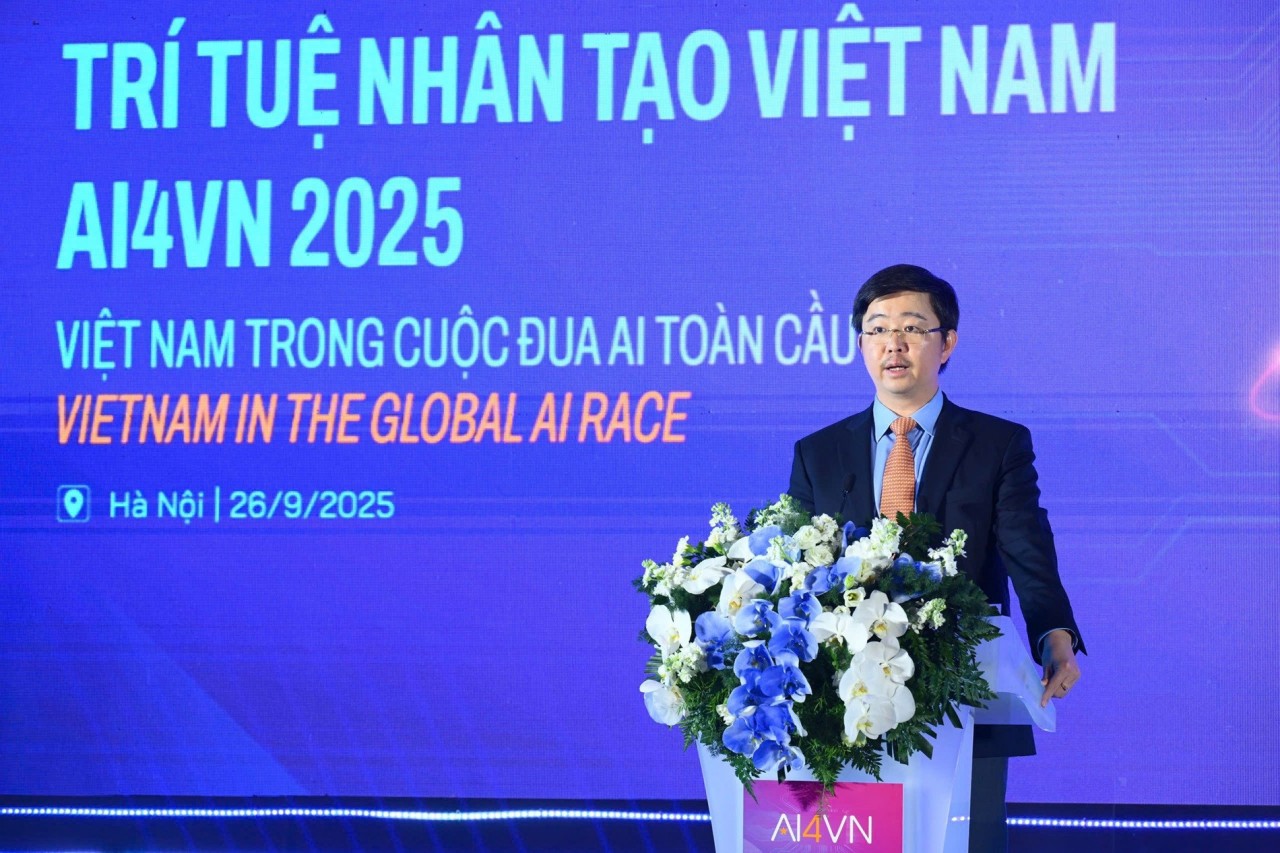 Handbook
Handbook
Vietnam’s AI Law to Require User Notification before AI Interactions
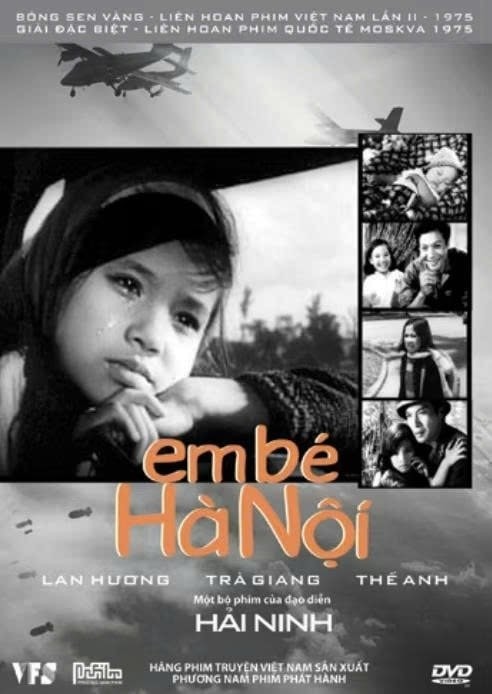 Handbook
Handbook
10 Vietnamese Films Set For Screening In US To Mark 30 Years Of Diplomatic Ties
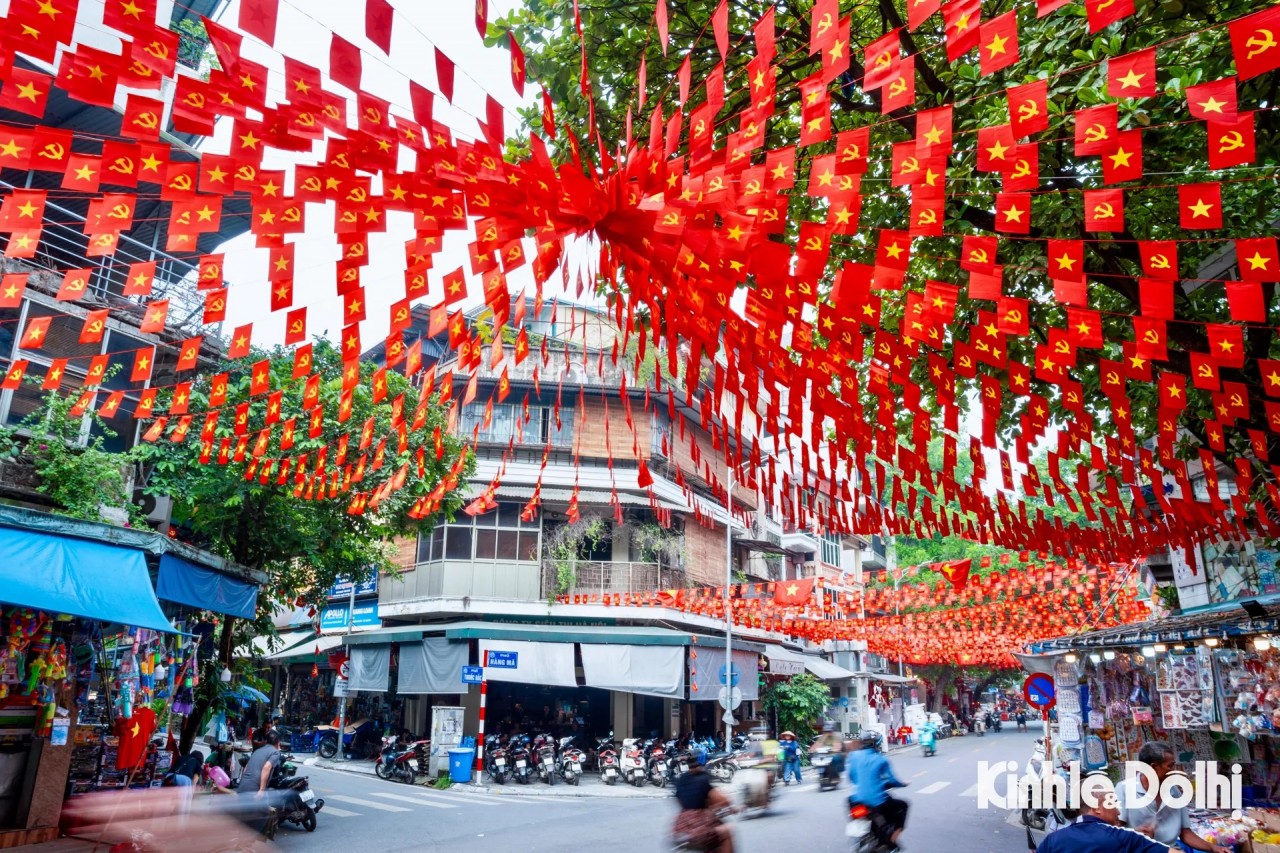 Handbook
Handbook

